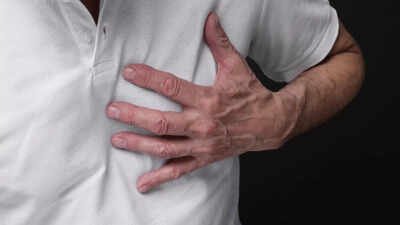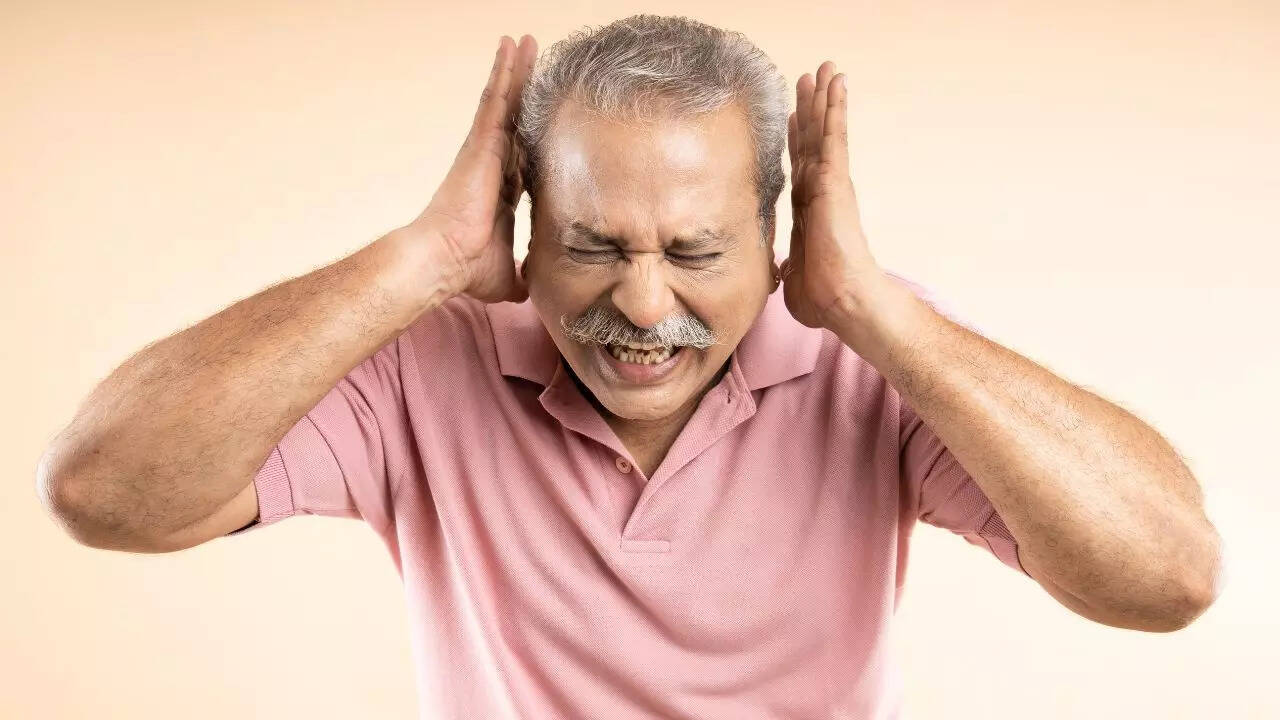
The fireworks that illuminate the Diwali sky have a darker side to them. Loud noises from firecrackers pose significant health risks, especially to individuals with pre-existing heart conditions. Numerous research including ones from NIH, indicate that both chronic and acute exposure to high-decibel sounds can increase the risk of cardiovascular events, including heart attacks. Peer reviewed studies show that conventional crackers can generate noise levels ranging from 130 to 143 decibels at a distance of 4 meters. These levels are well above the recommended threshold.
Loud noises affect heart health

Credits: Canva
A published by the American College of Cardiology found that individuals who lived in areas with higher levels of noise exposure, had a 72% higher risk of heart attack compared to those living in quieter areas.Certain physiological changes can strain the cardiovascular system. Loud noises from firecrackers can activate the body’s stress response, leading to elevated blood pressure, increased heart rate, and heightened levels of stress hormones, and may even contribute to the development of heart disease.Elevated blood pressure:NIH study shows exposure to noise levels above 55 decibel during the day and 45 decibel at night is associated with higher blood pressure levels. Inflammation and oxidative stress: Another study suggests exposure to high level noises has been linked to increased levels of inflammatory markers and oxidative stress, both contributing to the development and progression of cardiovascular diseases.

Both observational and experimental studies indicate that loud noises, such as those from transportation and firecrackers, can increase the risk of cardiovascular events.
Who is most at risk
Repetitive exposure to sudden loud noises are harmful for everyone, however, certain individuals are particularly vulnerable.
- Individuals with pre-existing heart conditions
Acute stress from noise can trigger irregular heartbeats and even lead to heart attack. People with coronary artery disease, or a history of heart attack are at higher risk.A sudden noise spike can increase the risk of stroke or myocardial infarction by spiking blood pressure.Aging hearts are generally more vulnerable and less resilient.Acute stress from noise may impact maternal blood pressure and heart rate, affecting both mother and baby.Chronic conditions like diabetes can make blood vessels more vulnerable to the effects of stress.

Signs of stress on heart
- Chest pain
- Dizziness
- Shortness of breath
- Heart palpitations
- Excessive sweating
Preventive measure to protect heart health during Diwali Try to limit exposure to loud noisesStay indoors during peak hours to reduce exposure to loud noises.Keep windows and doors closed to minimize external noise exposure.Wearing earplugs can help limit exposure to harmful noise levels.Practicing relaxation techniques like meditation and yoga, can help reduce stress levels.Monitor blood pressure to detect early strains on the heart.

Implementing preventive measures and adhering to medical professional’s advice becomes important for vulnerable groups to avoid life-threatening risks. What is equally important is community awareness as responsible use of firecrackers not only protects individual health but also reduces environmental pollution, promoting a safer and healthier celebration for everyone.






